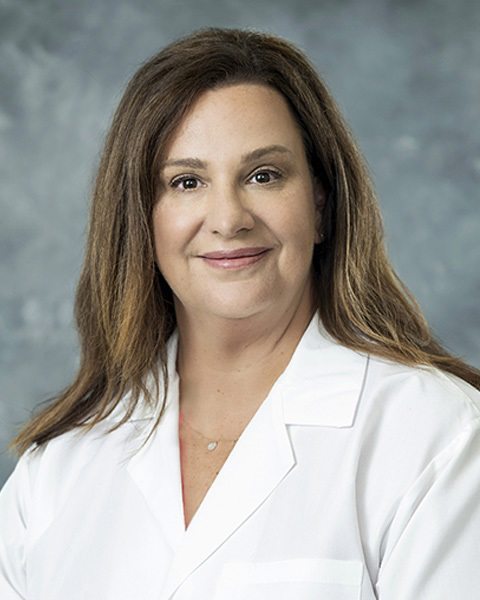Are your ears ringing?
It may happen one day. You are sitting at the table enjoying breakfast and you notice a humming sound or other noises in one or both of your ears. Often referred to as “ringing in the ears,” the medical term for this condition is tinnitus. The noises, which may sound like hissing, clicking, roaring, buzzing or humming, may fluctuate in pitch. They may be mild and manageable or invasive enough to impact a person’s quality of life. In addition, the sounds may vary in frequency — from intermittently occurring to being continuously present.
Tinnitus is very common. According to the Centers for Disease Control and Prevention, tinnitus occurs in nearly 50 million people or15 percent of the U.S. population. While people of all ages can experience this condition, it is more common in adults ages 40 and older.
“For most people, tinnitus is more of an annoyance,” said Dr. Kara Kimberly, a board-certified ear, nose and throat specialist with Penn Highlands Healthcare. “It is important to find the underlying cause so that the appropriate treatment can be prescribed to help alleviate the distracting noise or help the person learn to cope with it.”
Tinnitus can result from many factors such as:
- Hearing loss
- Repeated exposure to loud noises
- Wax or fluid buildup in the ear canal
- Head injury
- High or low blood pressure
- Problems with the heart, circulatory system, neck, jaw or teeth
According to the American Speech-Language-Hearing Association, there are more than 200 prescription drugs and over-the-counter medications that cause hearing loss or tinnitus. In fact, after prolonged use of very high doses, OTC pain relievers such as aspirin, naproxen and acetaminophen can cause tinnitus.
“In many instances, once medical reasons are ruled out, physicians may find that the tinnitus has no known cause. If it occurs due to hearing loss, hearing aids may provide relief by making the tinnitus less noticeable. Help may be as simple as using a tabletop sound machine or app on a smartphone to provide pink noise such as rain or rustling leaves,” explained Dr. Kimberly.
For some people, the tinnitus becomes progressively worse impacting their ability to hear, concentrate or sleep.
If you are experiencing tinnitus, the first step is to schedule an appointment with your primary care physician who will check for a blockage in your ear canal and evaluate whether an underlying medical condition is causing the problem. If your PCP cannot determine the origin, a referral may be made to an otolaryngologist commonly called an ENT specialist. The ENT specialist will conduct a physical and a hearing test to check for hearing loss. A referral may be made to an audiologist who also can measure your hearing and evaluate the tinnitus.
The physicians and medical professionals at Penn Highlands Ear, Nose and Throat offer specialized care for adults and children. They provide expert ENT care related to tinnitus as well as allergy issues, deviated septum, swallowing issues, ear infections, facial nerve disorders, hearing issues, sinus disease, nasal fracture and Gastroesophageal Reflux Disease (GERD). Penn Highlands Ear, Nose and Throat has locations in Clearfield, Huntingdon and Tyrone.

